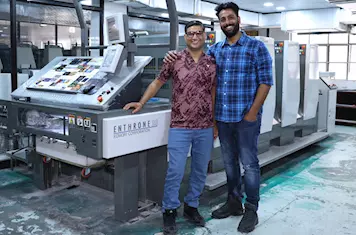Pro-Russian hackers target Japan’s top port handling Toyota trade
Hackers based in Russia have attacked the Port Nagoya. This is Japan’s busiest port, based on cargo volume, and it’s responsible for some Toyota Motor Corp. exports and imported goods.
Nagoya Harbor Transportation Association stated that LockBit 3.0 had demanded ransom for the system to be recovered. Police have also launched an investigation.
Nagoya Port Authority stated that the port in Aichi, a prefecture located in central Japan, is still unable load or unload trailers with containers. The operator said it plans to resume its operations on Thursday.

Aichi Prefecture, Aichi Prefecture. Photo taken July 5, 2023. Container terminal of Port of Nagoya. (Kyodo)
According to the port authority, an employee could not start a computer at 6:30 am on Tuesday.
A source familiar with this case reported that a message was sent to a computer printer indicating the system had been infected by ransomware.
Ransomware encrypts your data and asks for payment to unlock it.
Toyota imports and exports are concentrated in this port. The carmaker stated that the glitch prevented it from loading or unloading parts.
However, the company stated that it has had no interruption in its production and that the management of the finished vehicles is not affected by the change to a new computer system.
Toyota stated that it would closely monitor any production impact while carefully reviewing the parts inventory.
Toyota stated that its suppliers, such as Denso Corp. Aisin Corp. Toyota Industries Corp. have all secured certain amounts of inventory, and they will have only a limited exposure due to the failure of the system.
Since 2002, the port has been Japan’s largest. According to the operator, its cargo throughput reached 177.79 millions tons in 2021.
A temporary congestion of trailers has been observed at the port.
It would be extremely crowded if all of these trailers were to resume operations at the same time. Even after the system has recovered, it seems difficult,” said a 30-year-old trailer driver.


